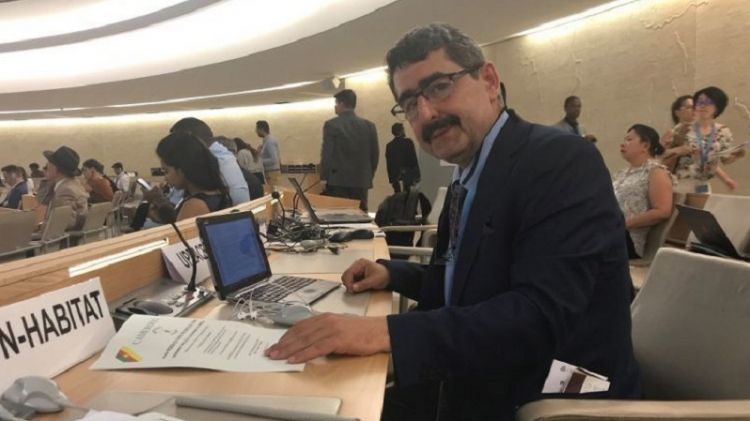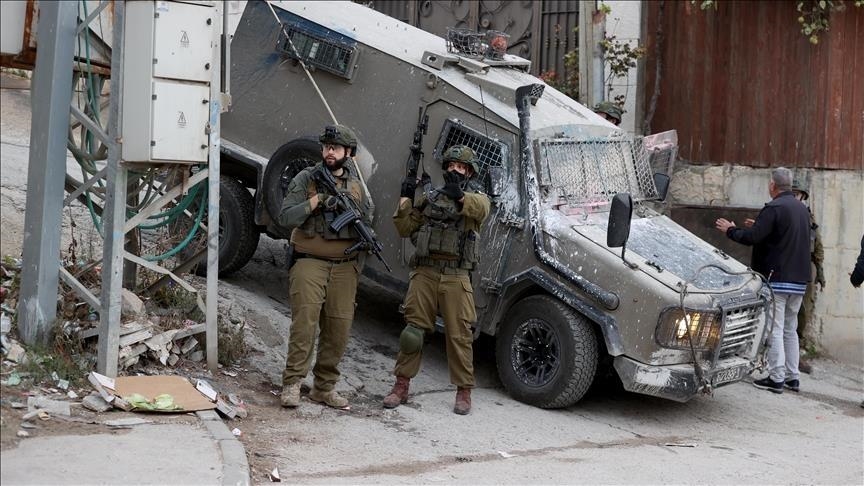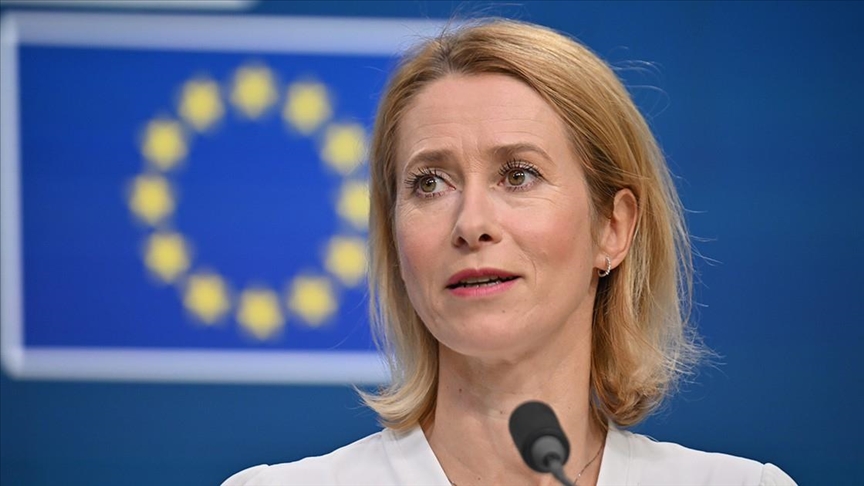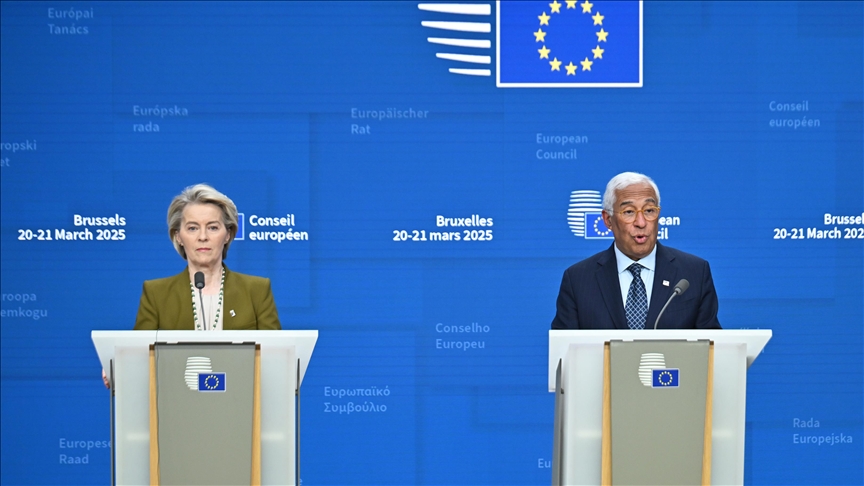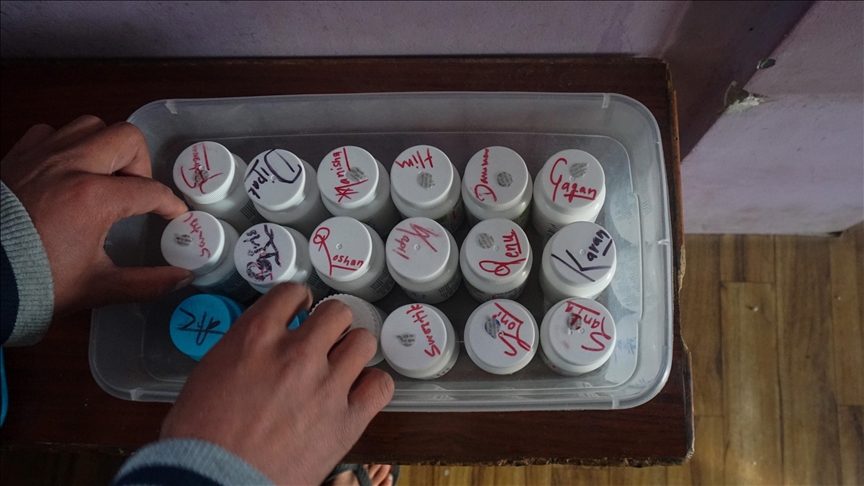Eurasia Diary has published an article titled "Military Doctrine of Russia and Nagorno-Karabakh conflict" .
Article is written by Mehmet Sukru Guzel, the co-founder of the Center for Peace and Reconcilation Studies.
If we ask the question whether Russia is really interested in the solution of the Nagorno-Karabakh conflict and prolonging it we first need to remember the known reality that Armenia could have avoided if agreed to negotiations on the basis of four resolutions of the UN Security Council (822/1993, 853/1993, 874/1993, 884/1993) prior to the outbreak of the conflict last year. But in fact negotiations were prevented not only by Armenia but by the Minsk Group as well which Russia is a member. Not only Armenia but the Minsk Group is the responsible for the last armed conflict.
Every state has its own fears and these fears are documented officially in their Military Doctrine by which they do warn other states in their policy towards themselves before any action. And on the other hand, every state has an unwritten non official secret text of its own defense doctrine. And every state decides its own foreign strategy accordingly these two concepts.
If we remember the near past experience of Russia in its West, we can well analyze the fears of Russia in the South Caucasus or in the post-Soviet space. Russia has the fears of an old empire state to survive as a big power. History had showed that weak states became long term empires if they managed to survive like Rome or Ottoman Empires. The reason of being an empire lies in its weaknesses. Russia is a weak state and Russia do know this. Why Russia is a weak state is a subject of another article. The fears of Russia are well written in its official Military Doctrine.
In the near past, the promises that had given to Mikhail Gorbachev by the NATO officials not to expand into the territories which are crucial for Russia`s security concept and in return, Russia removed its troops from Eastern Europe and the Baltic states. NATO did not keep its promise and the Czech Republic, Hungary and Poland (1999), Bulgaria, Estonia, Latvia, Lithuania, Romania, Slovakia and Slovenia (2004), Albania and Croatia (2009), Montenegro (2017) and North Macedonia (2020) became the members of NATO.
As written in the 2010 Military Doctrine of Russia, conventional “realpolitik” considerations were written in the balance of power between the USAs, NATO and Russia. In the Military Doctrine, it asserted the possibility of Russia to take unilateral action, if it was required by its most vital national interests. NATO’s expansion policy was characterized as a potential danger to Russia’s security. The decision to annex Crimea was probably made in 2008, soon after the Bucharest summit where NATO promised Ukraine and Georgia future membership in the Alliance. After the Bucharest summit, Russia announced that it would no longer participate in the Commonwealth of Independent States economic sanctions imposed on Abkhazia in 1996 and established direct relations with the separatist authorities in Abkhazia and South Ossetia. The 2014 Military Doctrine of Russia, it had given the message that Russia`s neighborhood should be regarded as its sphere of influence, which Moscow is ready to defend, by all means. The war in Donbass as well begun in 2014. Russia also threatened Moldova after 2014 by increasing its military exercises in Transnistria from a few dozen to a few hundred per year. Russia acts accordingly to its Military Doctrine.
Russia`s geopolitical interests in the South Caucasus that is Russia`s existence in this region on one side depends on the prolonging of the Nagorno-Karabakh conflict forever by which Russia can reach its ally State Iran in a way or other as written in its Military Doctrine.
The 9 November Ceasefire Agreement does not address the status of Nagorno-Karabakh nor does it create a path to a final resolution of the conflict. It is a ceasefire agreement but at the same time, it is the realization of 3 of the Madrid Principles of the Minsk Group. These are; principle one, the return of the territories surrounding Nagorno-Karabakh to Azerbaijani control, principle three a corridor linking Armenia to Nagorno-Karabakh, and principle six international security guarantees that would include a peacekeeping operation. Principle two and four, an interim status for Nagorno-Karabakh providing guarantees for security and self-governance and principle, five future determination of the final legal status of Nagorno-Karabakh through a legally binding expression of will were not written in the 9 November Statement. The Russian peacekeeping operation as a fait accompli put two members of the Minsk Group US and France, out of the political balance game of South Caucasus. In reality, there exists no more Minks Group, with the peacekeeping operation, Russia has a mechanism to conduct direct mediation between Baku and Yerevan for a period of five years and this monopoly depends on the prolonging of the conflict. The peacekeeping operation of Russia does not share control with civil-society or any other actors and has no need for any external mandate of UN, OSCE, or CSTO for humanitarian, political, military power
Russia has a proven management of conflicts in the South Caucasus South Ossetia, and Abkhazia in Georgia now Russia is the only game player. Nagorno-Karabakh was the only conflict in the former Soviet Union with no Russian presence. Now, there is a known reality that there can be a military solution in Nagorno-Karabakh by Azerbaijan which means the end of the Russian presence in the South Caucasus in political sense. A solution of the Nagorno-Karabakh conflict means the end of the effective political control of Russia in other words defeat of Russia in international politics. Russia by the peacekeeping force now has effective political control on the foreign politics of Armenia and Azerbaijan. A simple example, in June 2019, Armenian representative voted against the return of Russia to the Parliamentary Assembly of the Council of Europe (PACE). This can be never possible after the 9 November Ceasefire Agreement.
The 2014 Military Doctrine of Russia had given the message that Russia`s neighborhood should be regarded as its sphere of influence, preventing any future pro-Western Armenia and Azerbaijan governments and the influence of Russia depends on no solution based approach which was in fact the policy of Minsk Group.

